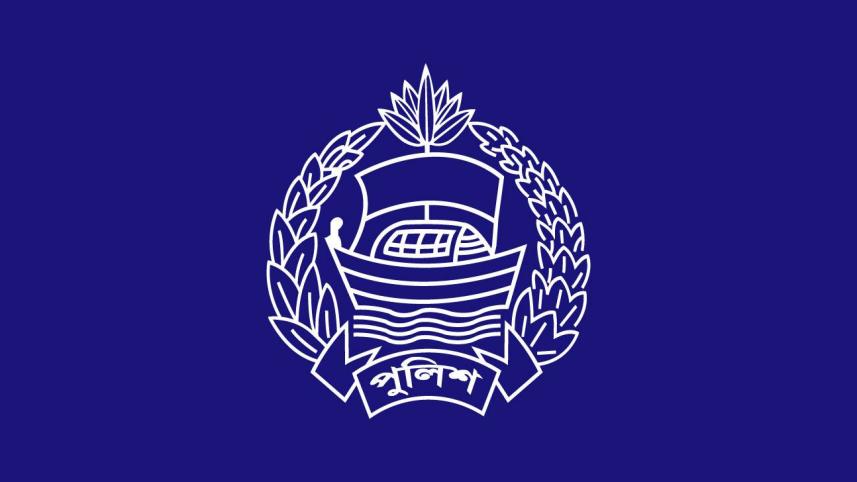Police move to centralise their drug purchase

Medicine procurement for police personnel and their family members under different units outside Dhaka is being centralised to stop irregularities in the process.
Until now, heads of around 80 units, including academies and training centres outside Dhaka, and district superintendents of police (SPs) have been procuring medicines for their respective units.
Medicines for different police establishments in the capital are purchased by the Central Police Hospital.
For the units outside Dhaka, a fund of around Tk 80 crore is earmarked annually to buy medicines.
But as allegations of irregularities in procurement surfaced against some SPs and other unit heads in recent times, the Police Headquarters (PHQ) decided to buy medicines centrally.
However, around 25 to 30 percent of the medicine procurement fund will be given to the units as an emergency allocation for buying drugs not supplied by the PHQ.
The decision follows Inspector General of Police Benazir Ahmed's announcement of zero tolerance against corruption and drug abuse by members of the police force.
Officials at the headquarters believe the move will help stop irregularities in the procurement process and ensure medicine quality.
"Since the medicine will be purchased centrally, directly from renowned companies, we will be able to save money and ensure quality of medicine," Hasanul Haider, director of Central Police Hospital at Rajarbagh, told this newspaper recently.
Hasanul was involved in the decision-making of centralising medicine procurement.
In a letter issued on July 14 , Sharif Mustafizur Rahman, assistant inspector general (in charge of health services) at the PHQ, requested heads of different units to send demands of medicine up to December 31 to the PHQ by July 20.
The unit heads were requested to submit only generic names of medicine, not any brand or trade names with the demand letter.
Officials at the PHQ said a high-powered committee will be formed to procure the medicines and a pharmacist will be appointed to ensure quality.
At present, different units purchase drugs from different vendors who may supply substandard medicines and even adulterated ones, they said.
The units often cannot check the quality and there is a lack of transparency and accountability.
This newspaper got a picture of irregularities in procurement after talking to several officials to the rank of sub-inspector and inspector in three districts.
Three officials in one of the districts alleged sometimes they were supplied medicines of non-reputed brands. At other times, they paid for the medicine out of their own pockets.
In another district, two policemen said during the tenure of the previous SP, they used to get medicines of non-reputed brands.
However, things have changed now as the present SP is an officer with a good image, they said.
Meanwhile, the new decision frustrates many unit chiefs.
A number of SPs said the police high-ups are centralising the purchase whereas decentralisation is expected in a democratic country.
"If irregularities are the reasons, then the authority can remove the dishonest SPs or unit chiefs instead of stopping the long-standing practice," an SP told The Daily Star, wishing anonymity.
"For those of us who are honest, such a decision is disgraceful."
Some of them argued that involvement of a handful of people in the drug procurement process will increase the risk of irregularities if any of the officials turns out to be dishonest.




 For all latest news, follow The Daily Star's Google News channel.
For all latest news, follow The Daily Star's Google News channel.
Comments